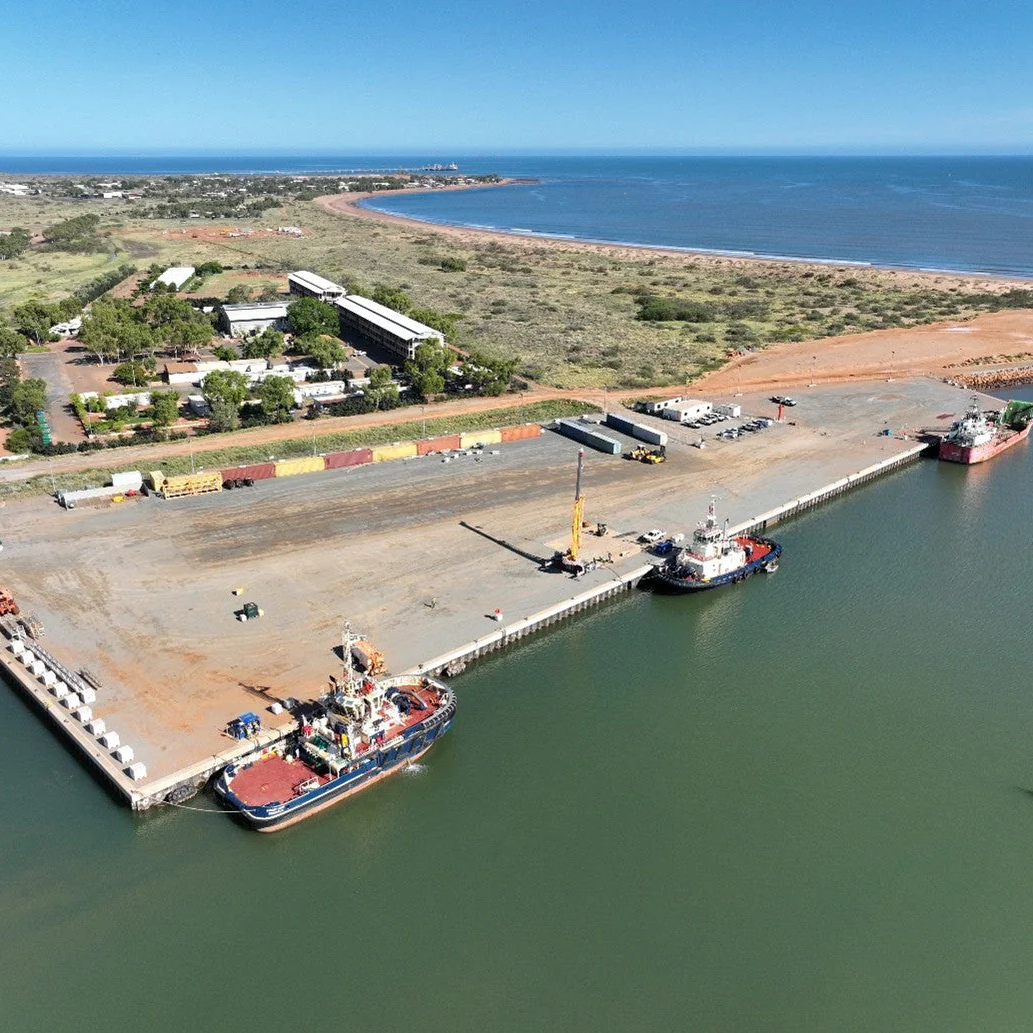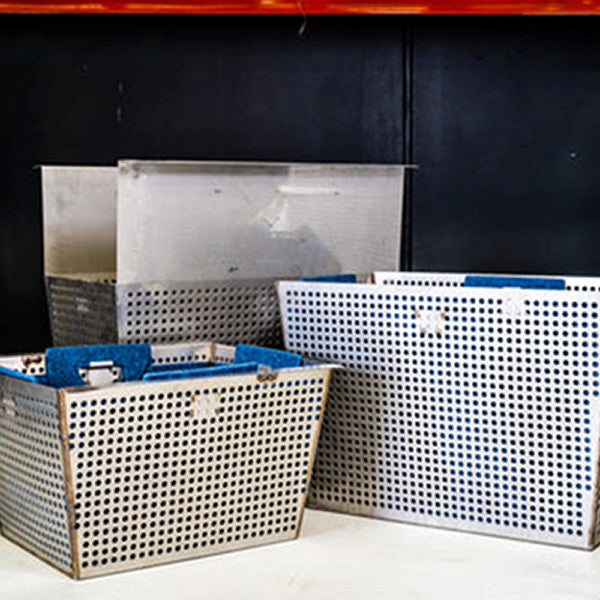RMIT University and the University of Melbourne are working with MKS Health Technologies on a new Australian research project that could bolster global efforts to fight infectious disease.
Funded by the Commonwealth government and industry partners under the Global Innovation Linkages Program, researchers will develop a prefabricated sanitising chamber for the quick and effective sanitisation of people and objects in high–risk exposure sites, such as hospitals and airports.
In a world-first, it will deliver scientific evidence on how safely and effectively such chambers can mitigate the spread of viruses including SARS–CoV–2 and highly drug resistant bacteria.
RMIT researchers will lead development of the sanitising chamber using smart engineering procedures. The effectiveness of the sanitisers and devices to kill pathogens will be tested by scientists at the Peter Doherty Institute for Infection and Immunity.
RMIT University engineer and chief investigator, Dr Kate Nguyen, said RMIT is delighted to lead this exciting R&D partnership. “The project combines engineering, microbiology and human safety to solve the key health challenge of effectively sanitising people and equipment,” she said. “We hope our scientific contribution makes a real impact in the global effort to fight against contagious diseases.”
MKS Managing Director Matt Shepherd said he is proud to be involved with this important research project with RMIT and the University of Melbourne. “The pandemic has shown us just how vulnerable humans are to the spread of bacteria and viruses. MKS are leading the way in innovative solutions that may help reduce future exposure in critical environments,” he said.
As well as the two key university research partners, the project has another five key global organisations including equipment and disinfectant manufacturers Panasonic Australia Pty Ltd and Hydro-E Pty Ltd, and members of the business community. The project will run from 2022-2023.





